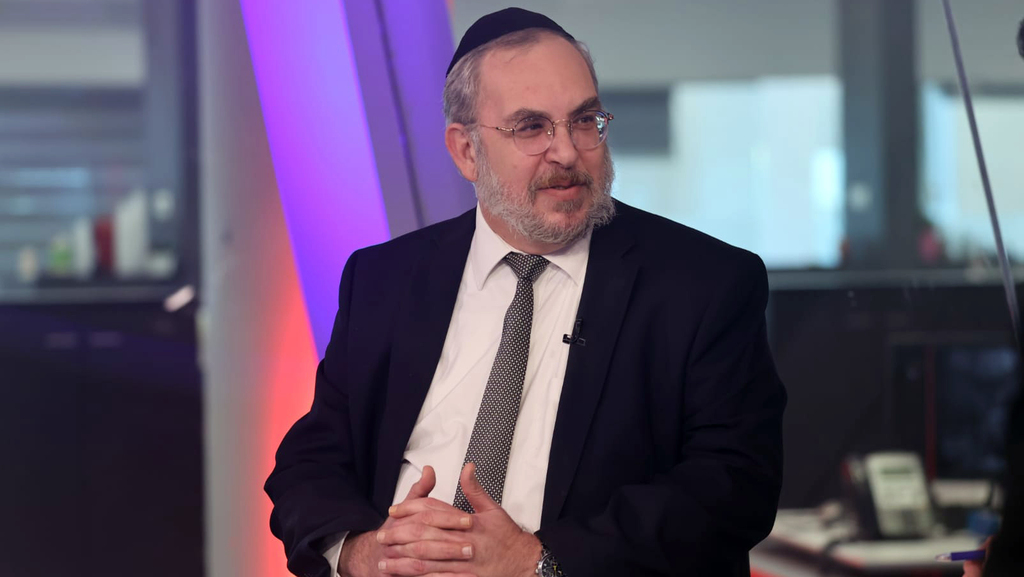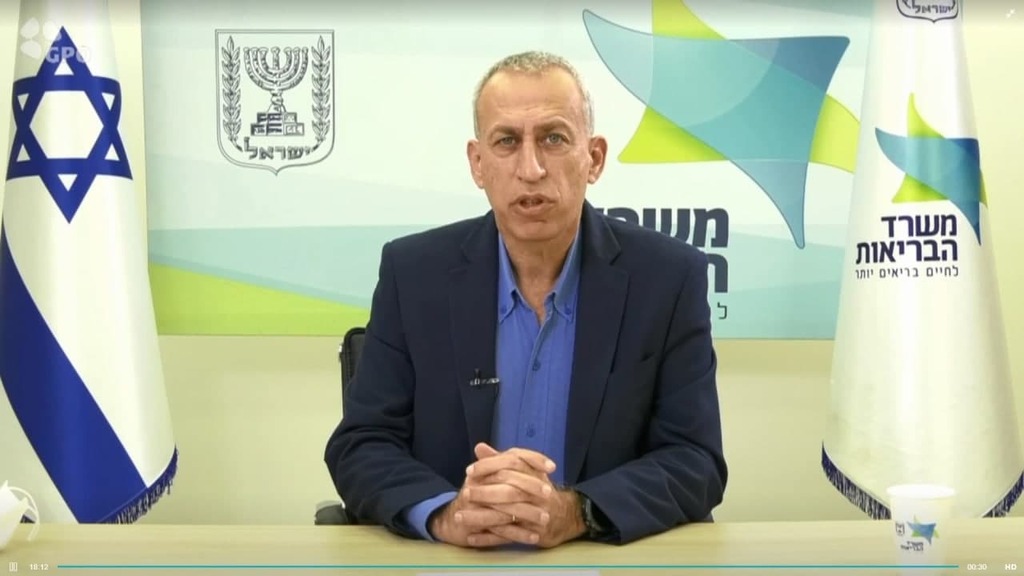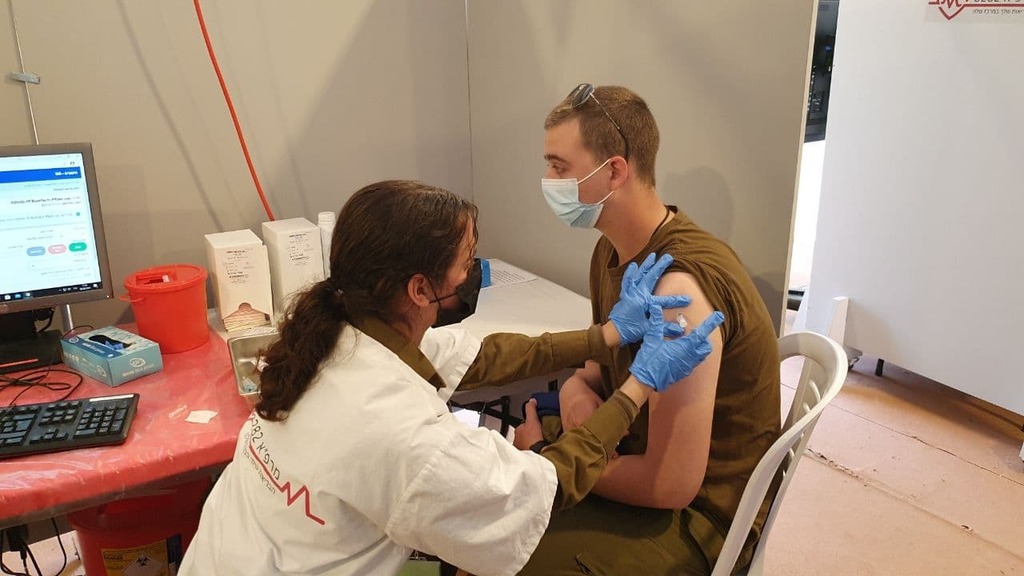Getting your Trinity Audio player ready...
Israel's coronavirus czar said Sunday the officials are mulling implementing a lockdown during the Jewish holiday of Purim next week out of fear that mass festivities will lead to another outbreak of COVID-19 in the country.
The festivities last year came as the government put in place first restrictions on public gatherings, which were far less strict and did little to prevent them. Health Ministry Director General Hezi Levi also last week said the ministry is thinking about imposing tough restrictions this year during the holidays of Purim and Passover.
Prof. Nachman Ash told Ynet TV that he is worried the images of mass celebrations will repeat themselves this year and lead to a renewed infection outbreak.
"The holiday worries us greatly, and we are mulling whether to use public relations or more serious steps like a nighttime curfew or a lockdown," Prof. Ash said. "We do not want to stop people from celebrating the holiday and ruining all the fun, but there is still a big worry," he said
He added that if restrictions are eventually implemented, they must be enforced equally across the country, but that he knows this is not up to him, seemingly referring to predominantly ultra-Orthodox areas.
5 View gallery


United Torah Judaism MK and head of Knesset's Constitution, Law and Justice Committee Yaakov Asher
(Photo: Yariv Katz )
United Torah Judaism MK and head of Knesset's Constitution, Law and Justice Committee Yaakov Asher, who was also present in the interview with Ash, said that "there are mitzvahs that must be adhered to, but this can be done without mass gatherings."
Asher commanded the virus czar for the difficult job he has of being "the bad guy" who decides what closes and what opens.
Asked whether the UK variant is any more dangerous than the main coronavirus strain, Ash said that additional research is still needed in order to reach a conclusion.
However, he did note that there are more people in their 40s and 50s who are seriously ill with the virus, as well as 12 pregnant women, which he summarizes is due to the strain.
According to him, Israel has 124 confirmed cases of South African variant, which he said health officials are trying to contain.
"We are very troubled by the variant's spread and are taking steps to stop it," Ash said.
With Israel's coronavirus vaccination campaign seeing turnout plunge, the pandemic czar said the officials' main battle at the moment is against fake news spreading misinformation, with the ministry opening a dedicated help center.
"We are examining the best way to encourage people to get vaccinated," Ash said. "We are mulling special legislation or incentives. I hope we will formulate something effective."
He said that he personally believes in positive incentives, such as lifting specific restrictions for those who'd been vaccinated or other benefits.
Ministers were set to meet Sunday afternoon to vote on the continued reopening of the economy, based on the outline Prof. Ash presented to the government last week.
According to plan, the implementation of the first stage is set for Feb. 23 and will see grades 5-6 and 11-12 return to schools and street shops resume operations.
This stage also includes the reopening of malls, shopping centers, gyms, cultural and sports venues - including limited live shows - museums, galleries, libraries and hotels with no dining areas, but only to those holding a green passport, meaning they had either received both vaccine doses or recovered from the virus.
Although the czar said more reopenings will be allowed only after at least three million Israelis will have been fully vaccinated, he added the reopening of hotel dining rooms, restaurants and cafes would happen "around March 9", which is the final stage of the outline.
Asked which places will be allowed to reopen for green passport holders, Ash said that he did not expect people to present their certificate when entering businesses deemed essential, such as supermarkets or pharmacies.
"Places where you can estimate ahead of time how many people can enter, we will want to reopen in a more controlled manner and only to green passport holders," he said.





